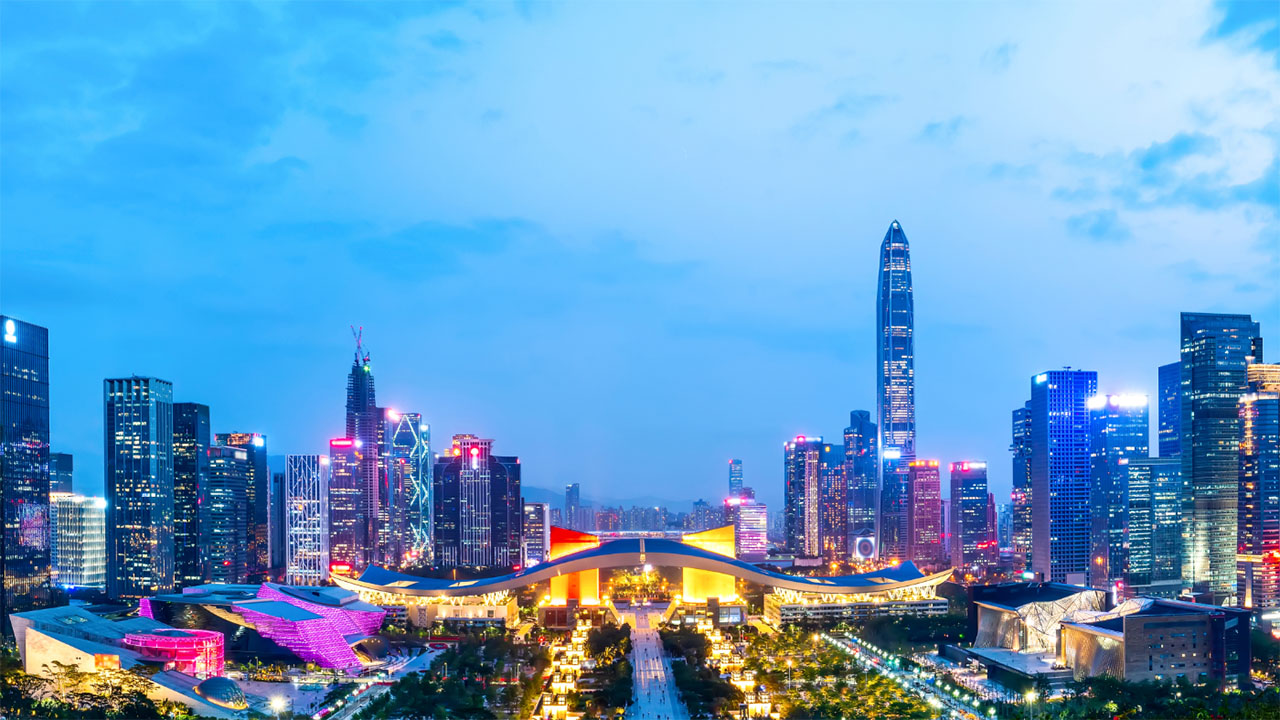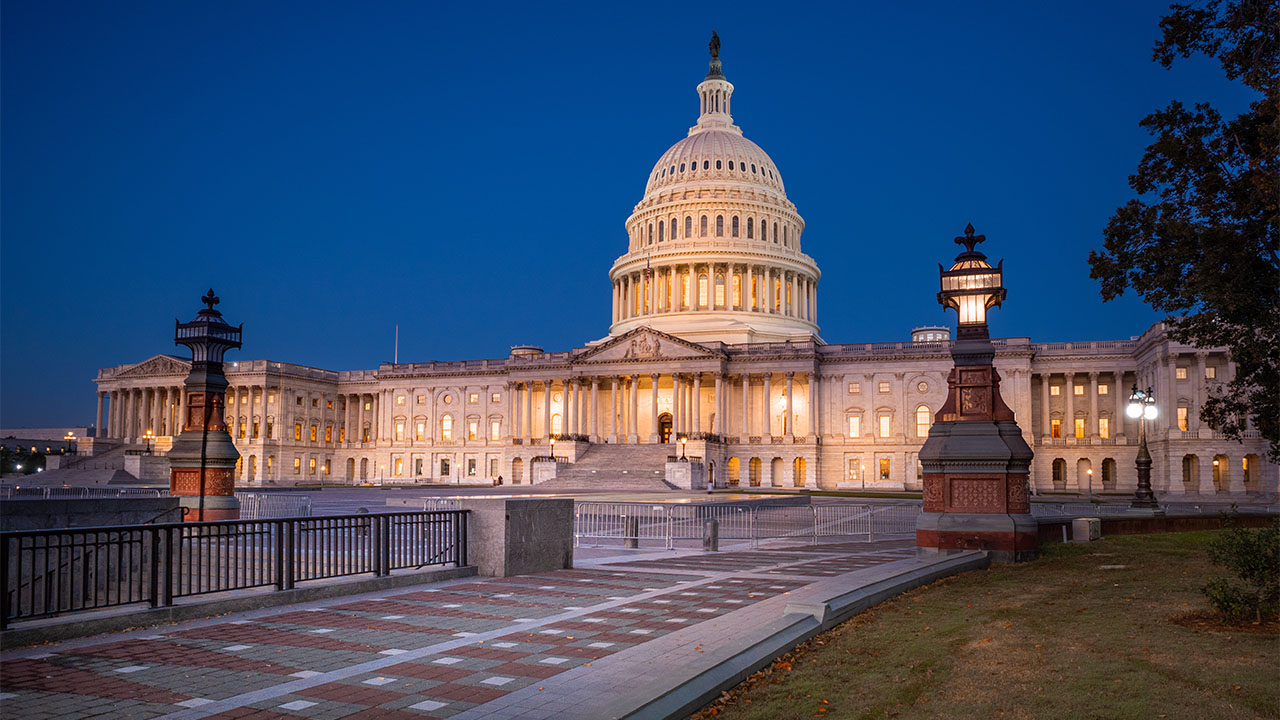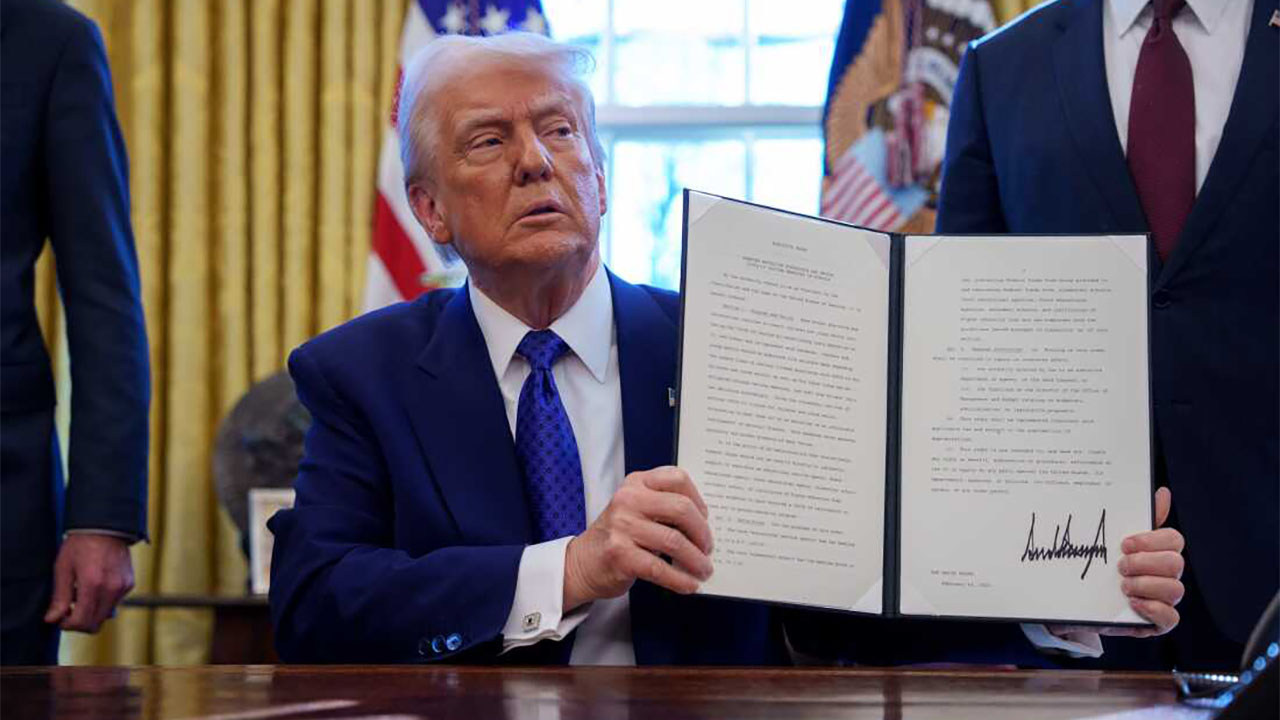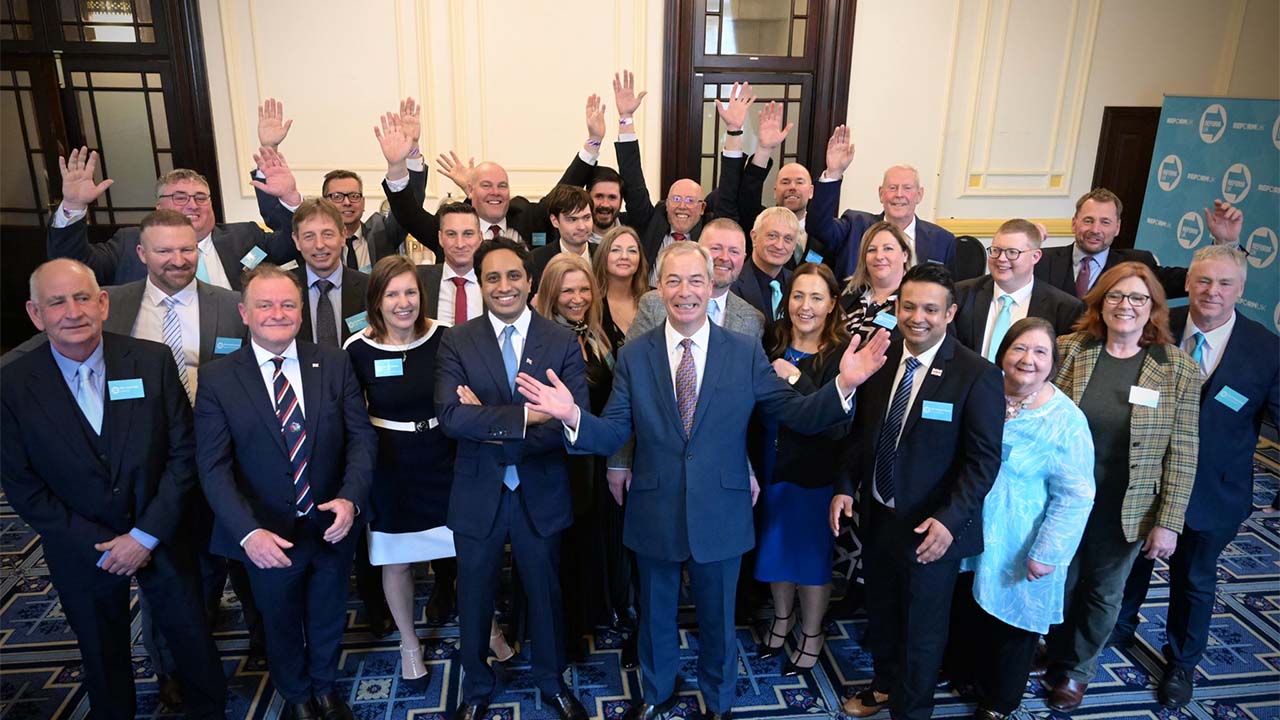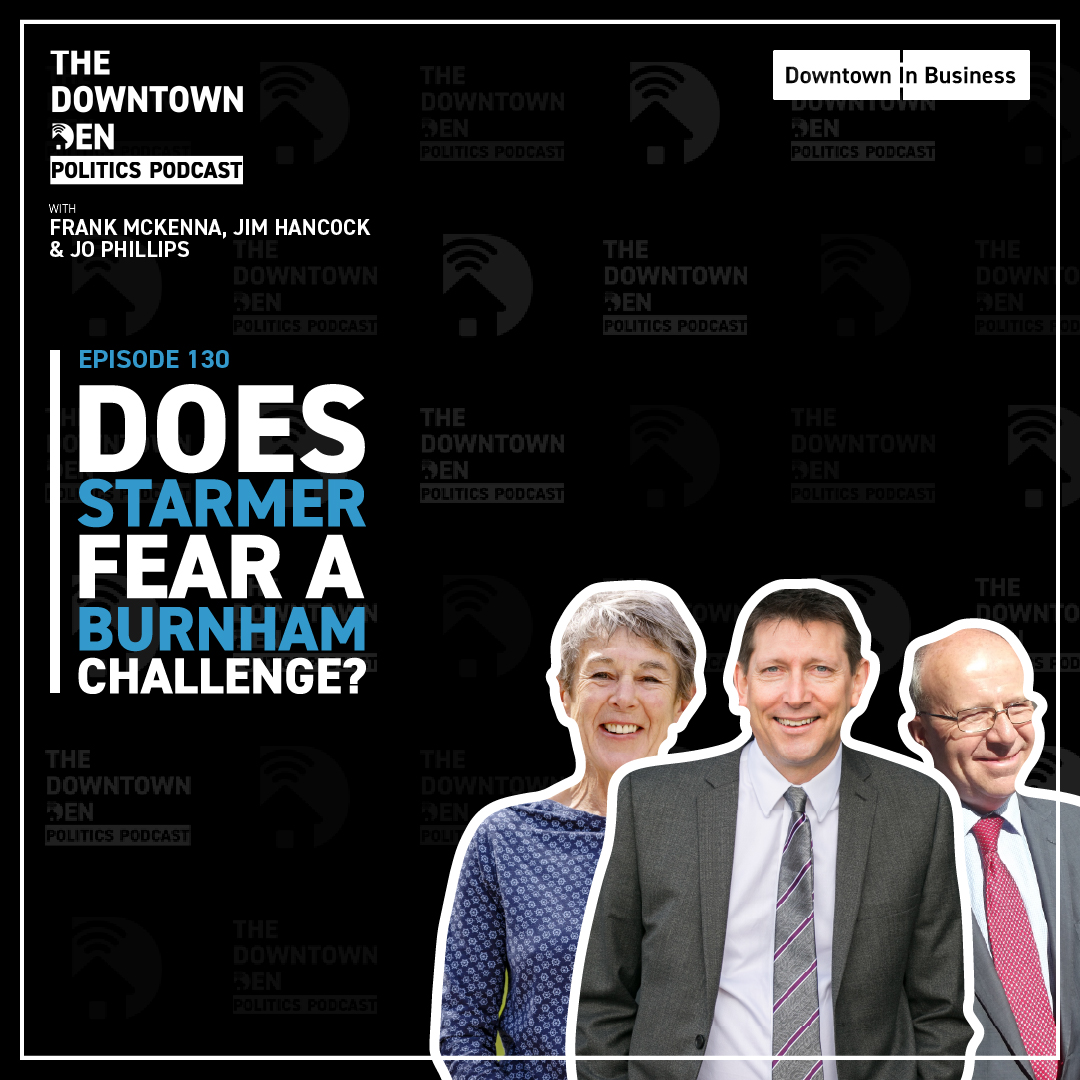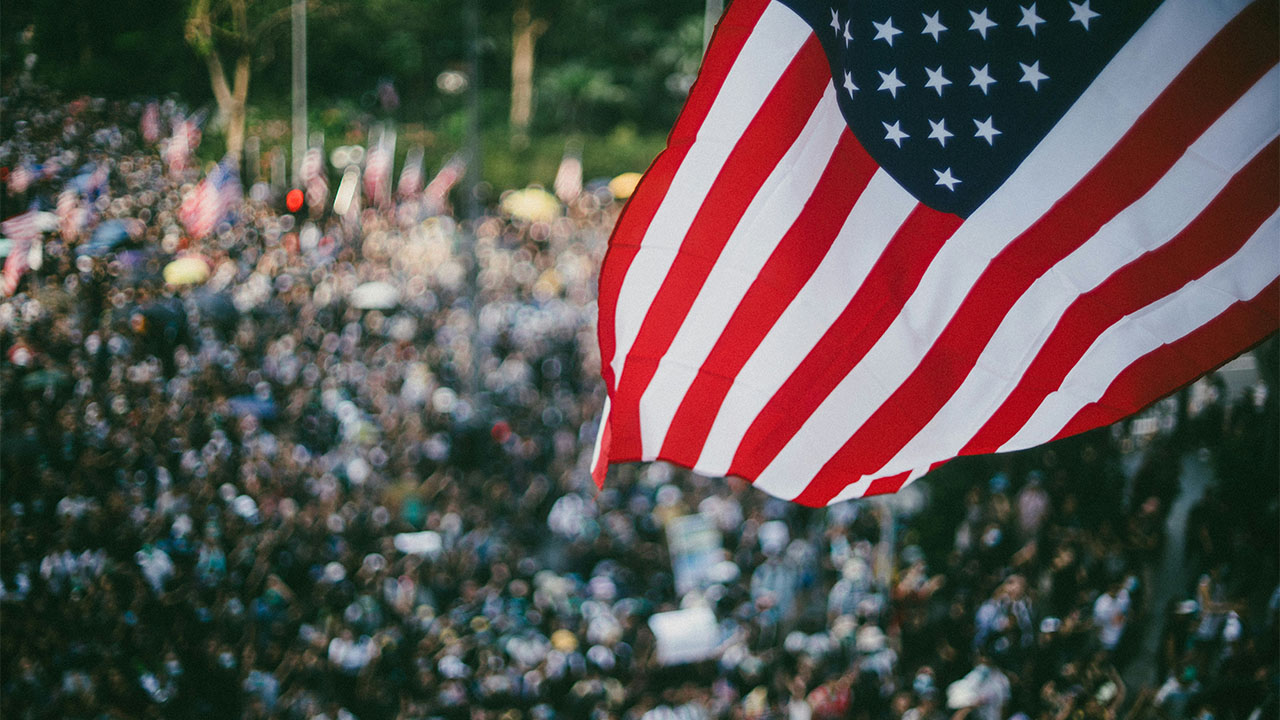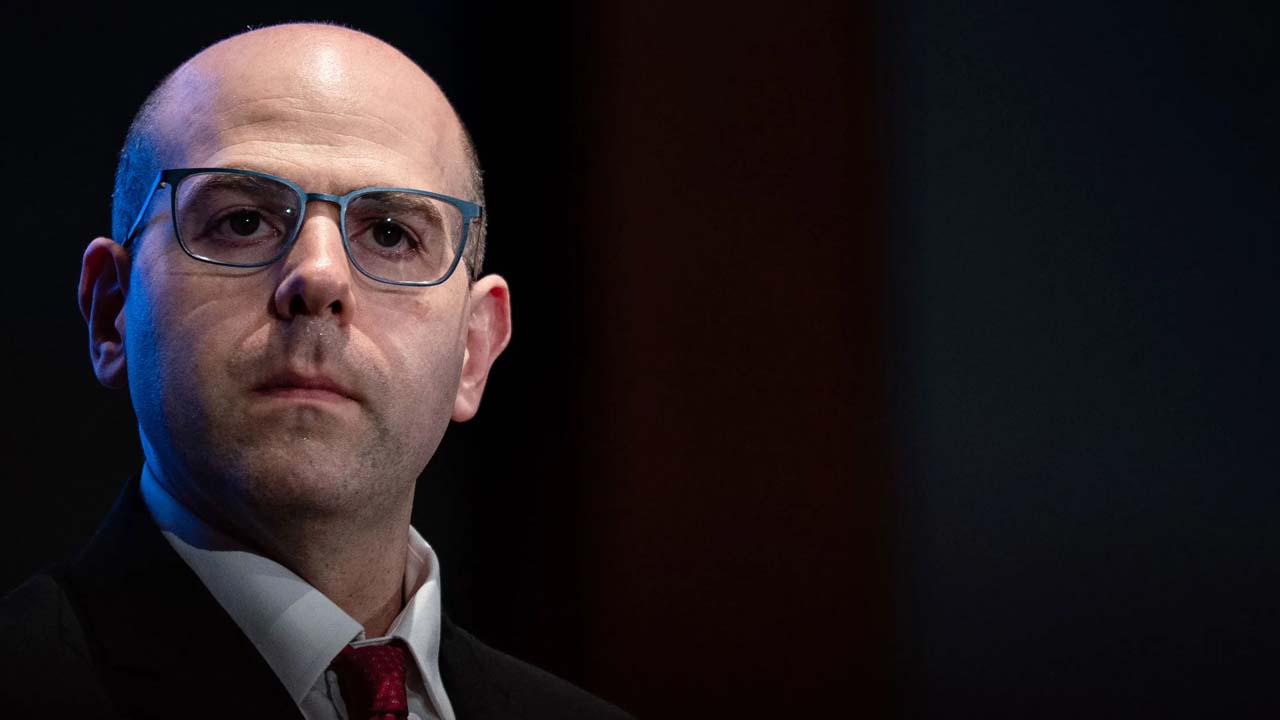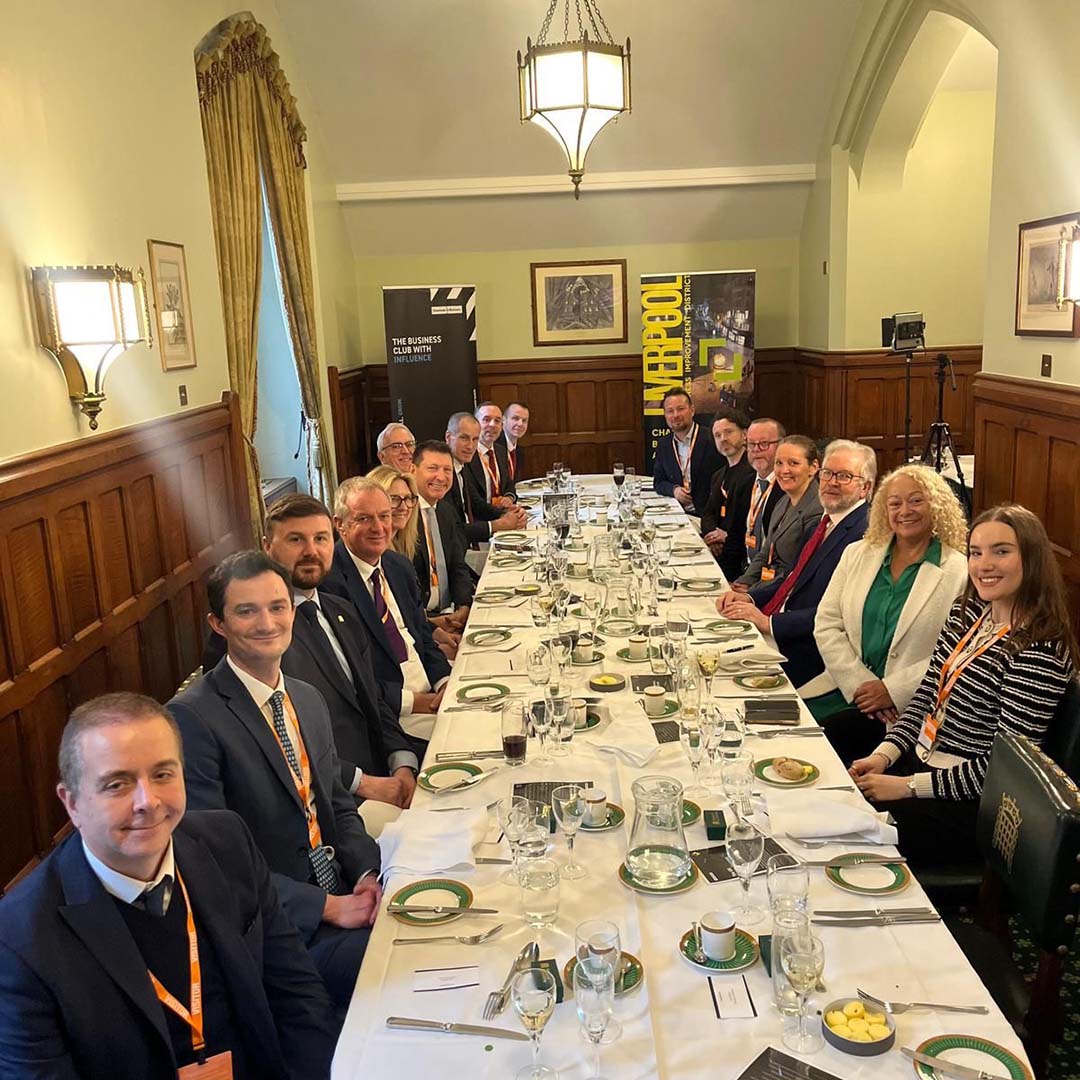I have spent the last week in China.
When I got on the plane at a cloudy Heathrow, Joe Biden was the Democrats candidate for November’s election. But by the time I descended the jet way in a sweltering humid Shenzhen, he had stepped down, finally arriving at the widely shared conclusion, he couldn’t win.
For a politics watcher like me this is the stuff dreams are made of. It is unprecedented in modern times, draws numerous constitutional questions, ups the already sky-high ante following only days after the other party’s candidate survived a shooting, and opens the field to wild speculation and punditry waffling about ‘If not Joe, who?’
But not if you find yourself trying to follow the fortunes of the world’s largest economy from the shores of its closest rival.
As you know, social media and global internet access is heavily restricted in China. As soon as you set foot on Chinese soil, Facebook, Linkedin, Whatsapp all dry up and the nation’s app of choice, WeChat, takes over.
There are a few work arounds, certain Microsoft products work, you can find a version of BING which allows you to search but then provides a range of Chinese language sites you can only laboriously translate to get a heavily slanted gist of what is going on.
In the hotel we were resting up in, a smart state-owned affair with lots of glossy marble and mirrors, there were only Chinese language news channels. So I found myself at 4am local time sipping Jasmin Tea watching news reel of the President getting on and off Air Force One but no additional context.
Eventually I lost the battle with jet lag and dozed off none-the-wiser.
By morning, the news was carrying pictures of Kamala, who I twigged Joe had endorsed.
Wonderfully, I found one CCTV Channel amongst 52 which broadcast clips from her ‘I know Donald Trump’s type’ speech in English with local subtitles, so I put two and two together and made something close to four.
But it got me thinking, what does this mean for China? How does the soap opera circus of US Presidential political campaigns go down in a nation that doesn’t have elections, let alone such colourful candidates?
After a day of meetings and greetings with business contacts – all of whom spoke meticulous English and had more qualifications from far more prestigious seats of learning than myself, I enquired what they thought of the news about Joe Biden not being the candidate.
I was met with much indifference.
There was a relatively broad acceptance that Trump is the more protectionist of the two candidates and has the harsher anti-China rhetoric, but Biden’s Inflation Reduction Act and tariff raising of late was seen as problematic too – perhaps an open hand slap compared to Trump’s closed fist smash.
Back in the hotel room, I flicked at speed through the channels hoping for more snippets and updates, but the news cycle had moved on – there was a party press conference about the Autonomous Regions on most channels, lots of footage of flooding in and around Beijing, and replays of Chinese successes at the Tokyo 2020 games in preparation for the Paris Olympics.
Red track-suited athletes were now waving frantically at me from the screen replacing the images of Kamala doing the same in her blue trouser suit the night before.
With time to spare and nothing else to distract me, I set about searching BING again.
This time I found an English language translation of an article from a Chinese website or media outlet I couldn’t tell which, but as well as providing confirmation that Biden had endorsed Kamala and the nominations at convention were likely to back her, it also unleashed a torrent of invective on Trump.
It was a spittle-flecked prose, the likes I hadn’t seen since Neil Kinnock was being beaten up by The S*n and Daily Mail nearly 40 years ago. “A cheat’, “a crook’, “a liar’ the Chinese web story’s assassination of the GOP’s man held no punch.
So, assuming this was a sanctioned news source, it seemed pretty clear Trump, despite his climate change denying, military shrinking, global institution withdrawing agenda is not the preferred candidate for Beijing.
And that, perhaps, was one of the most interesting side learnings from this latest trip to China and what their reaction to the US elections might tell us about geo-politics.
We have our own western bias, of course. Heading to Shenzhen, the world’s factory, I was expecting a dirty industrial landscape, a disregard for air quality, employment practices and a ruthless pursuit of ‘cheap, cheap, cheap’ whatever the cost.
Instead, I found myself in a green tropical metropolis – it could have been Brazil, Malaysia, Singapore or Mexico. Pedal bikes had been replaced by millions of electric vespas, more than 50% of all new cars are electric, so are the delivery services, road sweepers’ and garbage collectors’ trucks.
On my early morning stroll through the neighbourhood to catch the ladies and men practising their Tai Chi, it was silent despite the rush hour traffic starting to build and the services every city relies on being in full swing.
My meetings with manufacturers and technologists took place in laboratories, office buildings and manufacturing facilities that could have been Nordic biopharma plants, a Silicon Valley tech company, or an advanced manufacturing park around the M25 or outside Manchester.
There are challenges, of course – blocking the internet isn’t a good look and intellectual property concerns are very real – but perhaps what is becoming clear is that China’s ambitions today lie more in being the next technology superpower than simply bolstering their military prowess.
The population may not be showing much interest in the latest twist in the race to the White House, and sure, the old generals in those green uniforms, oversized hats and chests full of medals still love a parade and a bit of sabre rattling, but with Chinese businesses keeping their factories humming, driving a domestic consumer market which sees Starbucks and McDonalds in each of the plentiful malls, and an emerging urban middle class fuelling the residential property boom filling the sky with new sky-scrappers – the grey men in grey suits in grey Beijing will surely be paying close attention to what Kamala has to say on free trade, tariffs and embargoes – if it is she who is now in the running to be Commander in Chief.


